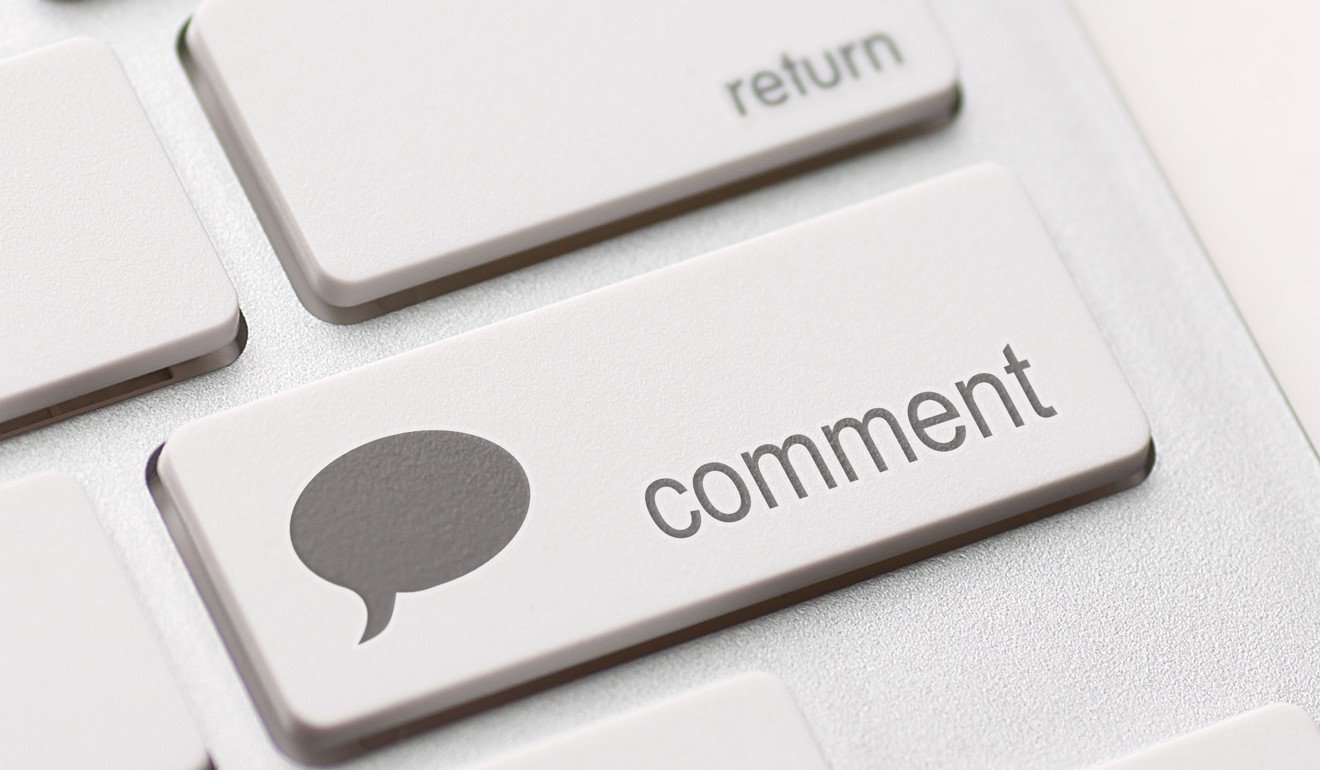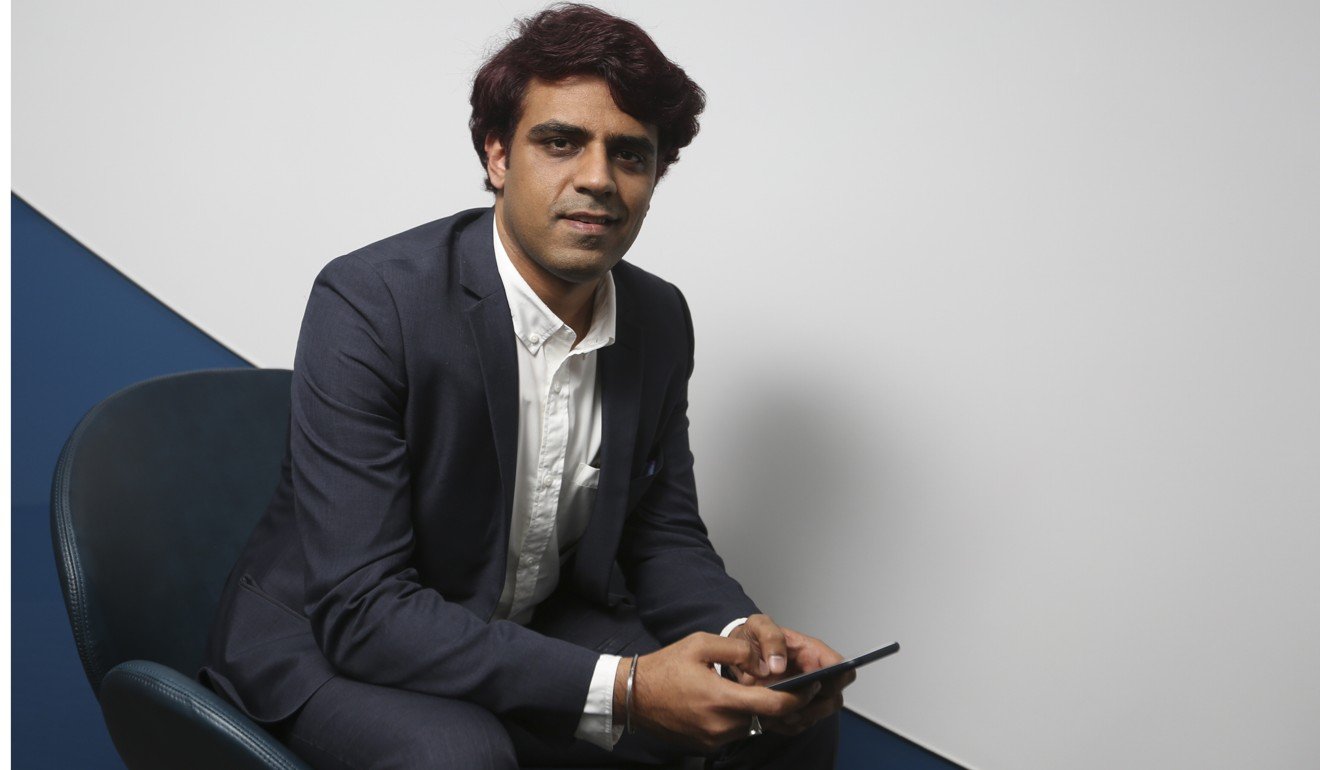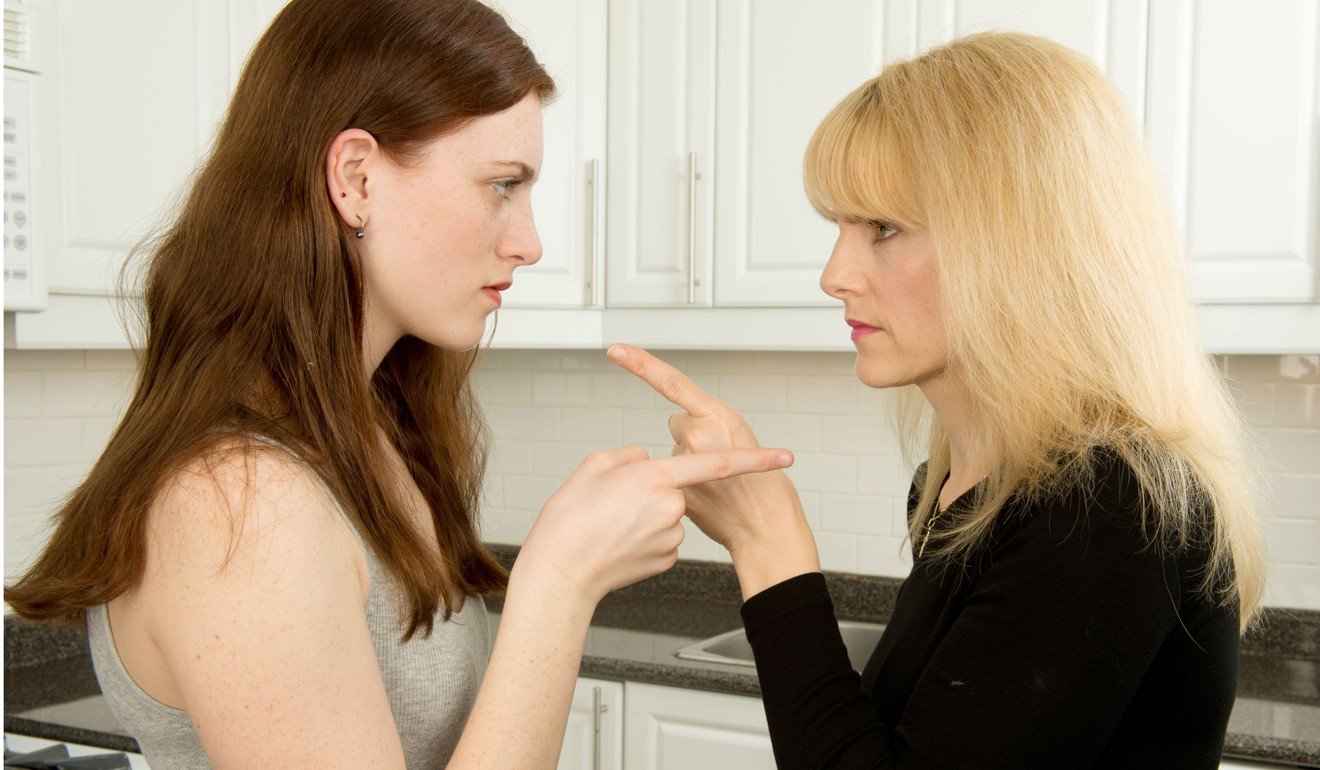
How to deal with trolls bugging you on Facebook and Twitter – tips from the experts
Try not to let criticism on social media upset you or rely on it for your sense of self-worth. If other users’ ignorant or vitriolic comments get to you, don’t get mad – choose your battles and know when to walk away

When one of his Facebook friends recently posted that global warming was a hoax, Rishi Narang was taken aback by the statement.
The 34-year-old, who works as a security consultant in Hong Kong, could have become angry and retorted with an equally offensive statement, but instead, he asked his friend to explain himself.
“He shared a video, and I could see where he was coming from,” says Narang. “We exchanged our opinions in a civilised manner, and in the end, we had a constructive discussion. I even learned something new from listening to his views.”
Not all of us have been as lucky when using social media. Perhaps you’ve taken to Facebook to criticise a politician, only to be told off by a friend who didn’t feel the same way. Perhaps your vent on a restaurant’s Twitter page drew a sharp rebuke from its manager. Or maybe you were mocked or bullied for your comments on news articles.

There’s no question as to how these experiences might have left you feeling – angry, upset, annoyed, anxious, and stressed. And there are no prizes for guessing how these emotions affect your emotional health, both in the short and long run.
“Social media platforms aren’t tools of communication, they’re tools of expression,” says Dr Amos Cheung, a clinical psychologist at Dimensions Centre in Hong Kong’s Central district. “We use social media platforms to express our thoughts and emotions, and the reason we get agitated when we don’t get the response we’re looking for is because, subconsciously, we expect other users to understand us.

“There’s no talking involved, so there’s a greater chance of being misunderstood – whatever we want to say has to be typed out, and we usually keep our comments short.
“In the case of face-to-face interaction, we usually moderate our response according to the vibe we’re getting from the other person. We can immediately explain ourselves or ask follow-up questions and resolve any misunderstandings quickly.”
Online, we also tend to be more impulsive. Because other social media users may not know us personally, we act less responsibly and conscientiously than we would in another situation. We know that we can type whatever we want, walk away from the keyboard, and pretty much ignore the other person’s response – and that, in fact, is what many of us do.

“Many people bring their emotional problems to these platforms, and they don’t moderate themselves because they know that, on the internet there’s nothing to oppose them.
“We become ‘keyboard warriors’, fighting with and complaining to one another. It’s easy for us to become triggered when we’re challenged or provoked, or when we feel that we have to accept an opposing view.”

Several studies support the theory that using social networking sites can damage our mental and emotional well-being. According to a 2016 systematic review published in JMIR Mental Health, negative interaction on such sites were related to higher levels of depression and anxiety among users. And a study, published in 2013 in the journal PLOS One, found that Facebook use predicts declines in subjective well-being in young adults.
“We all have our own opinions but so many social media users are ignorant,” Costa says. “They expect others to accept their arguments as truth – even if they got their information from an illegitimate news source – and they can be quite disrespectful online.”

So what’s the best way to avoid the stress that comes from using social media sites? Cheung suggests not posting anything personal or emotionally sensitive online to begin with.
“If your comments are visible to a big audience, you don’t want to give these people an opportunity to control your emotional state,” he says. “It’s not a good idea to ‘expose’ yourself this way because you’re inviting a range of responses – many of which you probably won’t like.
“If there’s something you need to get off your chest, or if you’re looking for understanding, talk directly to the person involved if you can. If you can’t, then leave it alone.”
If you’re fond of complaining on social media, Wong says to consider taking a more constructive approach. That means not whining, attacking or finding fault with others, but to actually share solutions with the person or company you’re addressing.
While social media sites have their purpose – they keep people connected and help users share stories and information – Wong says that, as a user, you should know that “trolls” or online bullies exist. “They want to provoke you. They thrive on getting attention from, and ‘baiting’, others. Don’t give them the time of day. If you’re triggered by something they say, don’t interact with them any more. Do yourself a favour and walk away.”
Before he replies to people who have posted a counter-argument, Narang asks himself several questions, such as: do their comments or arguments make sense? Does their tone sound hostile or is their criticism constructive? Are they people I know well and care to correct or learn from?
“Depending on the answers, I’ll either follow up on the comment or post, or ignore it,” he explains. “If I go with the former, I’m conscious about coming across as humble, empathetic, and open to criticism. At the same time, I remind myself that the other person has the right to share his or her own opinion, too.

“If the discussion gets heated or out of hand, I know that I have two choices – I can walk away or stay where I am. If I choose to stay, I know that it’s a gamble, but in the end, I make it a point not to let the other person take control of my emotional state.”
And perhaps that is the main rule when it comes to not letting social media get to you.
“Don’t rely on it for your sense of self-worth,” says Wong. “If someone attacks you online, don’t take it personally. It’s not their job to validate you, and anyway, if they’re being unkind towards you, they likely have problems and are just taking them out on you.
“So don’t fall into their trap. Only you have control over the way you feel about yourself, but it’s also important to walk away when you realise when the situation is starting to affect you negatively.”